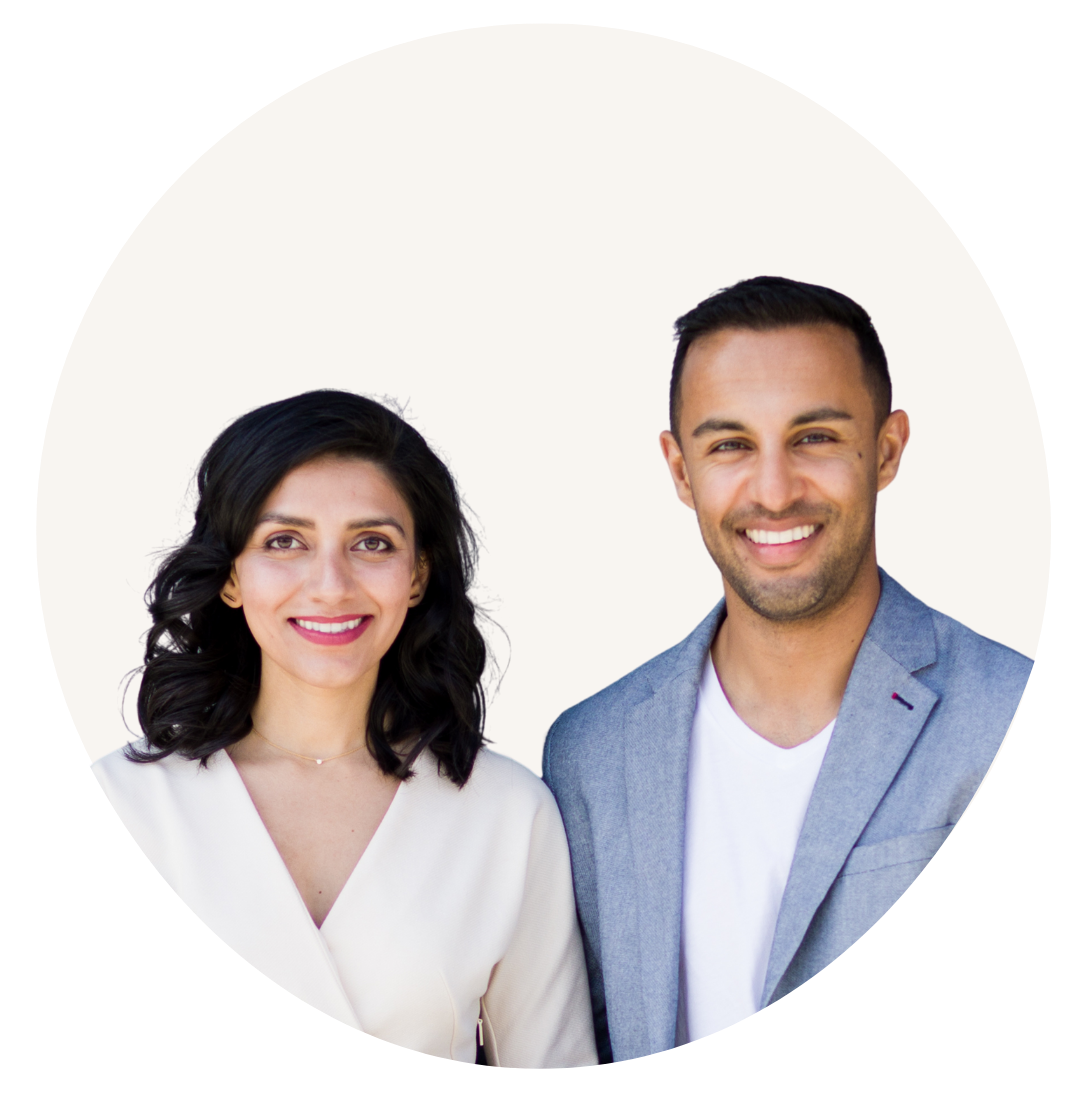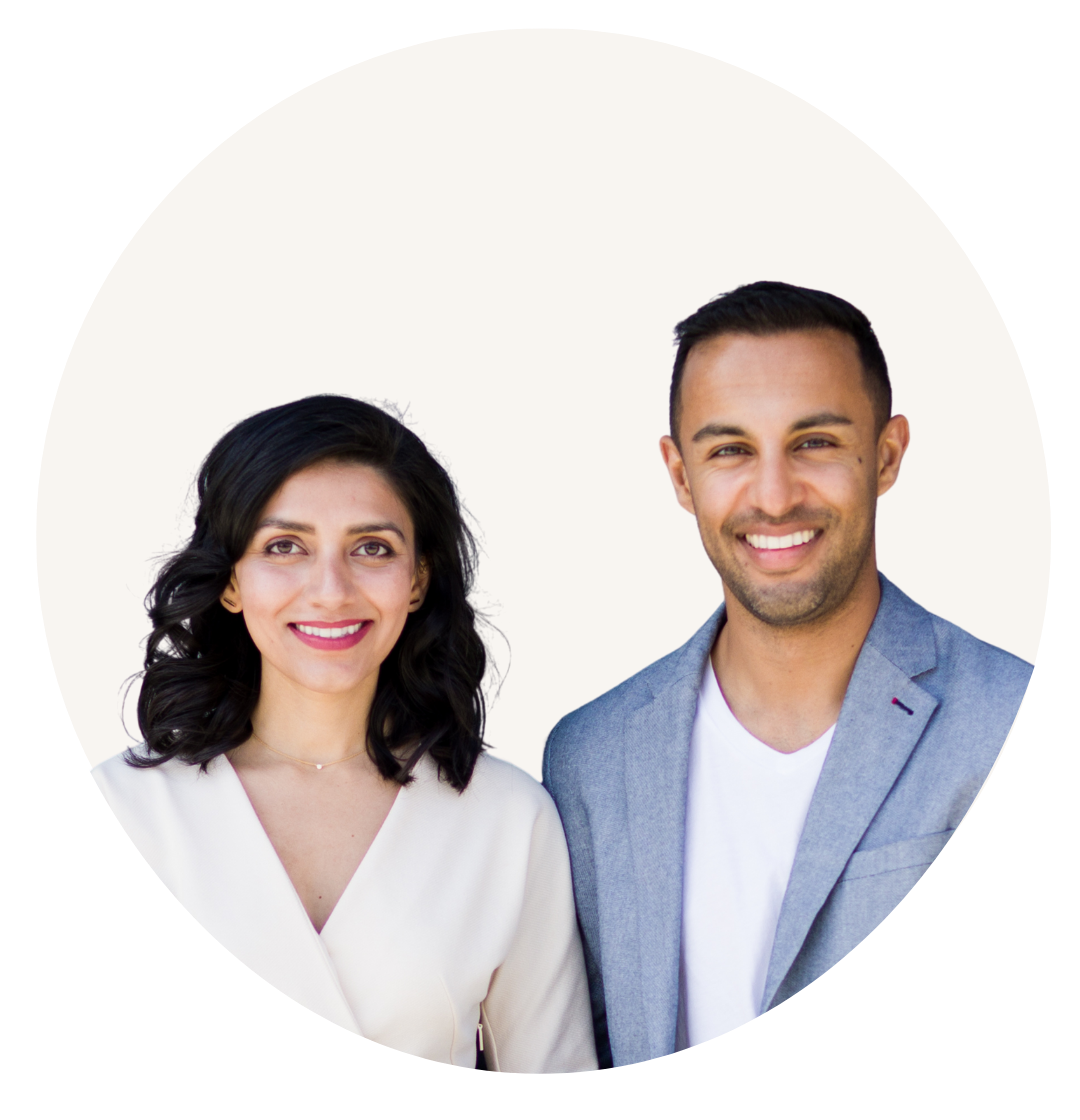Healthiest Time to Wake Up
Nov 18, 2025
We’ve had a few insights over our own health journeys that have truly stood the test of time. And to give you some context, we fall solidly into the “been there, done that” category when it comes to experimenting with new health habits. From superfoods to supplements to the latest biohacking craze, we’ve explored just about everything that promised to cure this condition we call “being human.”
And here’s something important we’ve learned along the way: everything has its time and place in our lives. What has been life-changing for us may not be something you’re ready for right now — and that’s perfectly okay. Store it in your heart as something to return to if and when the timing feels right. Healing practices unfold when we’re prepared to meet them.
With that said, there’s one habit that has had a more profound effect on our wellbeing than almost anything else — and it’s completely free, accessible to everyone, and requires only a little planning the night before.
It’s the time you choose to wake up.
There’s a very specific window in the early morning known in the Vedic tradition as Brahma Muhurta, which literally translates to “The Creator’s Time.” This is a forty-eight minute window that begins exactly one hour and thirty-six minutes before sunrise. During this time, the environment holds a naturally harmonizing vibration — one that resonates with clarity, creation, and the highest potential of the human mind. Whatever you do during this window has an amplified effect. Meditation sinks in more deeply. Studying feels effortless. Breath and focus align. Ancient texts describe it as a period that increases lifespan and helps prevent illness, largely due to the innate stability of the mind during this time.
What’s even more interesting is how much of this ancient wisdom is echoed in modern science. Research shows that early morning air contains more nascent oxygen — a more reactive form that binds easily to hemoglobin and fuels cellular energy with greater efficiency. Some studies also suggest that people who consistently rise before sunrise often experience improved immune function and a more alkaline internal environment, both of which are linked to long-term wellbeing.
A few years ago, we decided to try it for ourselves — waking up roughly two hours before sunrise — and the shift was immediate. Paradoxically, we had more energy on the days we rose earlier. We expected to feel tired or to need caffeine just to function, but instead our mornings felt alert and relaxed. Our overall energy throughout the day became more balanced and calm.
We don’t do it perfectly, and we don’t always wake up at this time. But the difference on the days we rise during Brahma Muhurta is undeniable. Somehow, with less sleep, we experience more energy — not the wired kind, but steady and clear.
What helps most is preparing the night before:
-
Eating dinner early to prevent sluggish digestion
-
Getting to bed by 9 and asleep by 10
-
Placing the alarm clock away from the bed so we have to physically get up to turn it off — that one second of movement is just enough to remember our intention
We use this time for meditation, but what you choose can be anything you feel called to. Some people pray. Others study, read, write, stretch, or prepare food for the day. What matters most isn’t the activity — it’s the quality of mind and breath you bring into that window. The energy of the early morning naturally supports steadiness, focus, and clarity.
If you’re curious, look up your local sunrise time and set your alarm two hours before. Try it for one week. Ideally three. Approach it like an experiment. Notice how your energy shifts, how your mind feels, how the day unfolds.
Of all the wellness practices we’ve explored, this one has remained one of the most impactful. Some of the most effective changes aren’t complicated at all. They’re not about the next new thing, but about simple habits and time-tested practices that support how our bodies naturally function.
If this perspective speaks to you, we’ll be sharing more insights from our practice on our Sacred Science blog — from bioenergetics and root-cause medicine to rituals, sattvic living, and the spiritual science of health.



